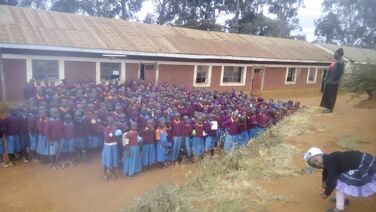
Kathungu Primary School - Water Catchment Tank
Kathungu Primary School is a public day and boarding school located in Makueni County, Kenya. This school was started in 1974 with grass-thatched classrooms. Today, there are 316 boys and 312 girls. The school has 11 streams, which are managed by the 25 teachers with leadership from Mr. Richard Musau, the head teacher, and his deputy, Mr. Wambua Mutisya. The school performs very well both academically and in sports.The pupils in this school participate in various activities during a normal day. They are engaged in learning activities from 8:20 am to 3:10 pm. They participate in various sports during game time from 3:10 pm to 4.10 pm. There are remedial classes for the learners needing extra help from 4:10 pm to 5.00 pm.
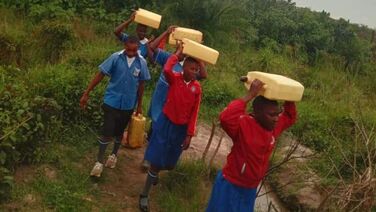
Kirungu Primary School
Kirungu Primary School is in Nakijju Village in the rural district of Gomba, Uganda.
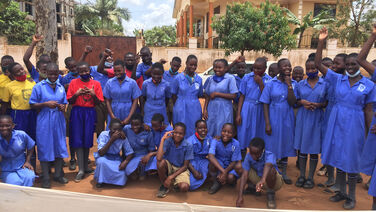
Kiteezi Church of Uganda Primary School
A government-aided primary school in Uganda, Kiteezi Church of Uganda Primary School, has 22 teachers serving 747 students across 7 classrooms.

Las Torres Centro
Located 36 kilometers northwest of Waslala, Las Torres is a rural community where most residents rely on subsistence farming and livestock raising. The school is one of the largest in the area, with a kindergarten classroom and two additional multigrade classrooms: one serving first, second, and third grade, and the other serving fourth, fifth, and sixth grade, for a total of 109 students.Most children travel long distances to attend classes. While many wear the school uniform (blue and white), some arrive in regular clothes and rubber boots, which is very common in rural Nicaragua.
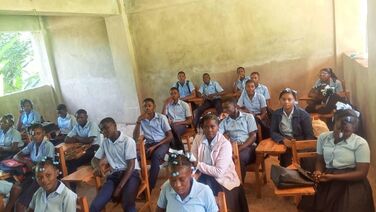
Lycee nationale de carice
Established on November 4, 2002, “Lycée National Philippe Barthélemy de Carice” commonly known as “Lycée National de Carice” has been a cornerstone of education in the commune of Carice for grades 9-12. Despite years of dedication and perseverance, the school continues to face major structural and infrastructural challenges, limiting its ability to provide a fully supportive environment for its students.
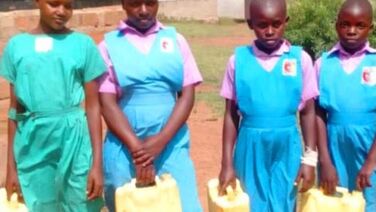
Matongo Primary School
Matongo Primary School is in Kabulosoke B Village in the rural district of Gomba, Uganda.
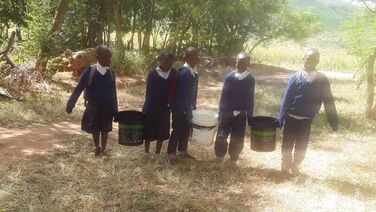
Mgongo Primary School
Mgongo Primary School is a government school located within Nduli Ward in Iringa. The school has a total of 377 students from nursery to standard seven, with 195 being boys and 182 girls. There are 15 staff members, including both teachers and non-teaching staff.

Mount Calvary Secondary School
Mount Calvary Secondary School, situated in Mtitu Village of the Kilolo District, has a total student enrollment of 109. The school employs 10 staff members, both teachers and non-teaching personnel. A significant challenge faced by Mount Calvary is the lack of access to safe and clean water, a common issue in many schools and villages across Iringa. Students spend considerable time collecting water from unsafe sources for various domestic uses, including cleaning, cooking, and drinking. Typically, students collect water from the Lukosi River, which is considered unsafe and contaminated.
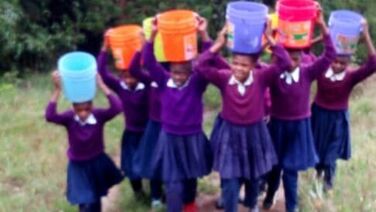
Msengela Primary School
Msengela Primary School is situated in the Kilolo district of the Iringa region. The school is facing a significant water crisis that adversely impacts the health, hygiene, and academic performance of its 452 students and 8 staff members.